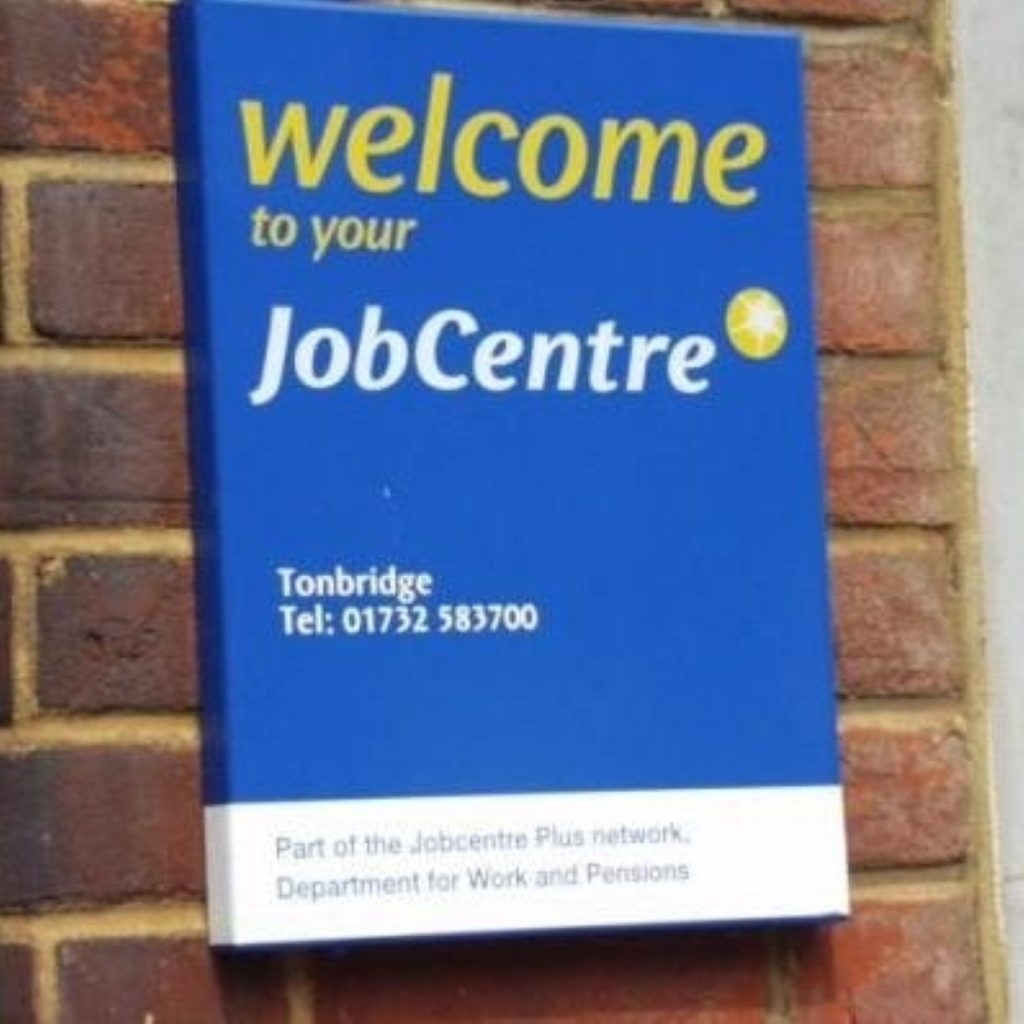Government pledges to tackle mental health “stigma”
A “culture shift” in society’s attitude to mental health is needed according to the Government.
Following the publication of a new report into mental health and social exclusion, the Government has promised cross-departmental action to lesson “stigma” in public services.
The Minister for Social Exclusion, Jeff Rooker, said: “One in six adults suffer from common mental health problems, such as depression or anxiety, at any time. Yet this report shows people with mental health problems are one of the most socially excluded groups.
“Too often, they do not have the support they need to participate fully in society, yet we know that employment and community activities are important in promoting both mental and physical wellbeing.


“That’s why we’re taking action to increase opportunities, particularly in employment, but also addressing housing, education, family needs and community participation. Many people with mental health problems do want to work, yet fewer than a quarter actually do.
“They are nearly three times as likely to be in debt and are more likely to live alone and in poorly maintained accommodation. The Government is determined to address these inequalities.”
£2.7 million of Government funding has been assigned to back the reforms.
Stated actions include a close analysis of Ofcom’s complaints data on the portrayal of mental health in the media, including raising awareness of how people can complain about unfair portrayals of sufferers.
It envisages extending training for health, social care and Jobcentre Plus staff and improving support for both employers and those wishing to return to work.
In addition the report pledges to “get the basics right” and issue new guidance on housing to local authorities and improve access for those with mental illness to financial and legal advice.
The report has been broadly welcomed by mental health charities, despite some reservations.
The chief executive of MIND, Richard Brook, said: “The day-to-day work of Mind brings us into contact with the many and varied inequalities faced by people with mental health problems. Widespread prejudices, from being denied insurance to being shunned by neighbours, have a massive negative effect on people’s quality of life.
“This report is a positive move towards starting to balance out some of these injustices.”
Citizens Advice director of Policy Teresa Perchard said: “This initiative shows the Government is serious about addressing a major problem that is generally neglected and ignored. If this opportunity is not to be lost, what we now need are some real improvements that reduce the unacceptable stigma and discrimination experienced by so many people with mental health problems.”
“Improvements should start with an urgent, fundamental review of the benefits system. This should underpin people’s security and provide support when they are unwell, but too often it is doing the reverse.
“Citizens Advice evidence also shows that many people with mental health problems experience significant difficulties as a result of high pressure sales tactics and unfair terms and conditions in consumer contracts. We need a plan of action that also encompasses a review by Government and regulators that eliminates discrimination in consumer affairs.”
Cliff Prior, chief executive of Rethink, says: “This welcome report offers positive measures to help end the stigma of mental illness.
“However, we are disappointed the report offers no radical ways to improve the way the benefit system traps and discriminates against mental health service users. We are concerned that the report gives few details of firm plans for new money to put the recommendations into practice.”
Mr Prior added: “While we welcome the Government’s commitment to tackling social exclusion among people with mental health problems, we remain concerned about its proposals to reform the Mental Health Act. The draft Mental Health Bill was not only unethical and unworkable but served only to increase the stigma associated with mental ill health.
“If such proposals were put into practice, they would seriously undermine the positive work the Government is now undertaking to tackle prejudice and discrimination.”












